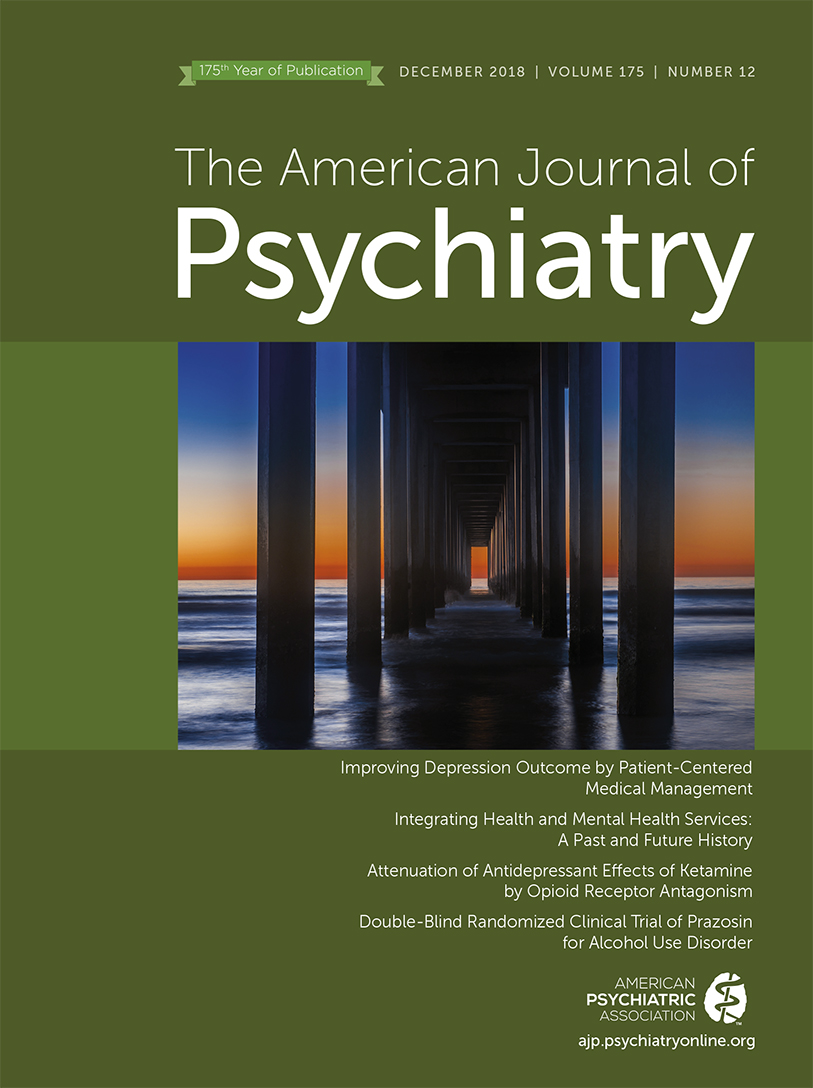An Opportunity to Report Closer-to-Efficacy Findings in a Study of Lamotrigine for Borderline Personality Disorder
To the Editor: The authors of the LABILE (Lamotrigine and Borderline Personality Disorder: Investigating Long-Term Effects) study (1), published in the August 2018 issue of the Journal, are to be commended for their important, logically designed, and ambitiously large randomized trial examining lamotrigine for borderline personality disorder. In fact, the participant sample is almost 10 times the size of prior trials of lamotrigine for borderline personality disorder. However, as the authors properly note but many readers may miss, there were many differences between this study and prior studies besides size. The LABILE investigators conducted a “pragmatic” trial: admitting a very broad range of patients and following them over a long period of time, even though medication adherence and dropout rates are expected to increase over time. As a result, almost 40% of participants had endorsed current alcohol or drug misuse at study entry, and approximately 60% of participants had stopped lamotrigine by 52 weeks. Furthermore, and unexpectedly, a large difference at baseline was observed in the number of participants with recent deliberate self-harm between the lamotrigine (70%) and placebo (37%) participant groups. All of these factors might reduce the size of any treatment effect that might be observed in participants randomized to receive lamotrigine or placebo.
However, the unprecedented size of the LABILE study and the foresight incorporated in its design provide a unique opportunity to address an important question: Would different findings result from reconstituting several more traditional, 12-week “efficacy-like” trials or trials post hoc from the LABILE study population? Would the authors please provide the 12-week findings for the primary outcome measure (score on the Zanarini Rating Scale for Borderline Personality Disorder) and deliberate self-harm for the three subgroups of their trial population: only those subjects who reported no alcohol misuse and no drug misuse at baseline (likely 45%−60% of the sample); only those subjects with deliberate self-harm in the past 6 months (53% of the sample); and only those subjects who received medication throughout the first 12 weeks (69% of their sample)?
Given the virtually identical results for lamotrigine and placebo observed in the full trial, it is unclear whether any of these subanalyses will yield statistically significant differences between lamotrigine and placebo. However, as the authors point out, currently there is not a single medication with a Food and Drug Administration indication for treating borderline personality disorder; thus, it is important to extract as much information as is feasible from the limited randomized data available, and the LABILE trial offers some of the most valuable such data in existence. Conducting these subanalyses might provide valuable information, both about lamotrigine and about how pragmatic trials and traditional efficacy trials should be viewed in relation to each other.
1 : The clinical effectiveness and cost-effectiveness of lamotrigine in borderline personality disorder: a randomized placebo-controlled trial. Am J Psychiatry 2018; 175:756–764Link, Google Scholar



